|
In our discussions about sexual violence, as with domestic and family violence, the focus tends to be on the victims of this awful abuse.
But new data from the Australian Institute of Criminology puts the spotlight on perpetrators. The figures are stark.
Having surveyed more than 5,000 Australians, the research found one in five participants had perpetrated one or more forms of sexual violence against another person since the age of 18. One in ten had done so in the past 12 months.
Some of the statistics line up with community concern around repeat offenders. The study found that among participants who had used any form of sexual violence, almost 30% had used multiple forms since the age of 18.
But Kate Fitz-Gibbon and Hayley Boxall encourage us not to look away. These data teach us a lot. As they write, “we cannot effectively respond to and prevent what we do not measure. Sexual violence prevention programs and perpetrator interventions must be underpinned by an accurate understanding of the cohort being targeted and the nature of the abusive behaviours being used.”
|

|
Erin Cooper-Douglas
Deputy Politics + Society Editor
|
|

Kate Fitz-Gibbon, Monash University; Hayley Boxall, Australian National University
Data from the Australian Institute of Criminology shows alarmingly high rates of sexual violence perpetration. Here’s what is shows.
|
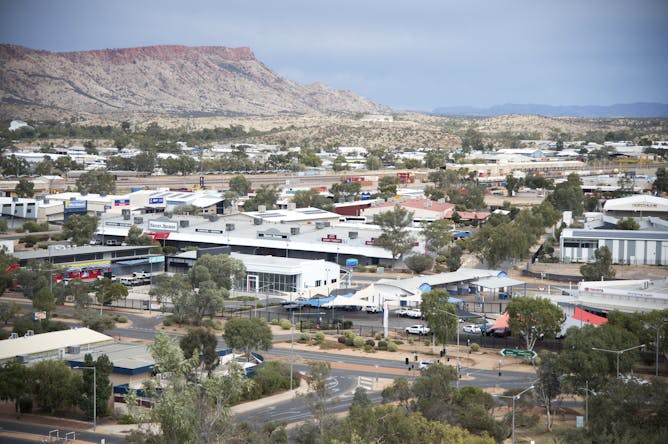
Thalia Anthony, University of Technology Sydney; Juanita Sherwood, University of Technology Sydney
After some violent incidents, the town is under a curfew from 10pm to 6am. But evidence from cities in Australia and the United States suggest it will bring little benefit.
|

Jamie Ferrill, Charles Sturt University
AUSTRAC’s report makes clear that Australia has both highly profitable criminal activity and a wide range of sectors vulnerable to money-laundering abuse. That is a recipe for criminal exploitation.
|

Tamara May, Monash University
Autism and ADHD frequently overlap and the combination can create internal conflict and unmet needs.
|
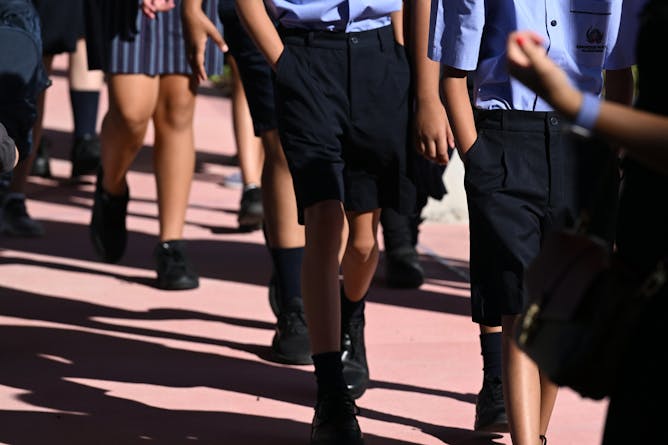
Emma Rowe, Deakin University
Australian households contribute way more to the costs of children’s schooling than the OECD average. This is due to the numbers of students attending private schools and paying high fees.
|
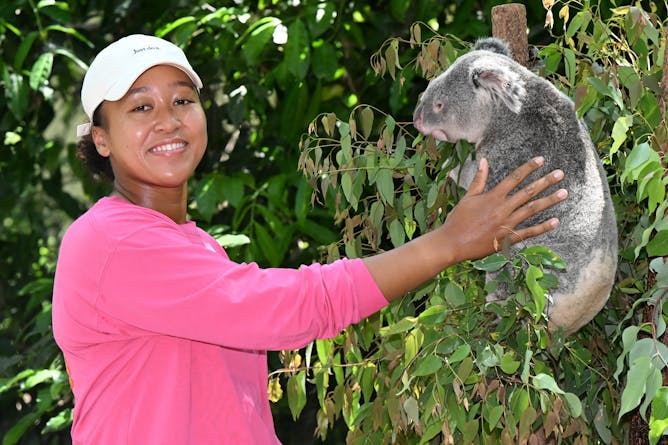
Edward Narayan, The University of Queensland
I’ve studied stress in marsupials. Here’s why banning koala cuddles is a good idea – backed by the scientific evidence on koala handling and stress.
|
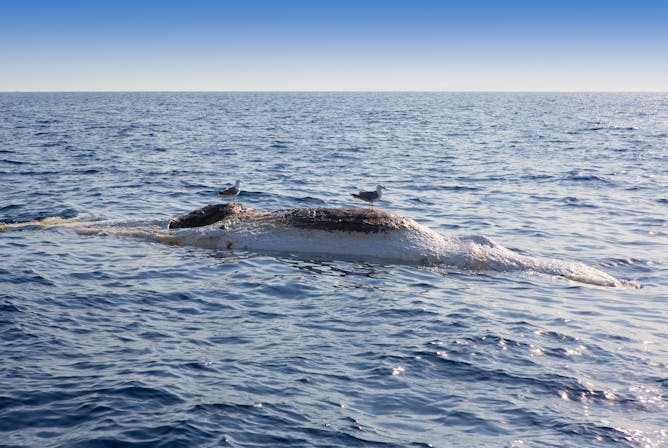
Olaf Meynecke, Griffith University
Whale strandings are undoubtedly sad events. But with the help of science, the body can be disposed of in a way that doesn’t harm nature or people.
|
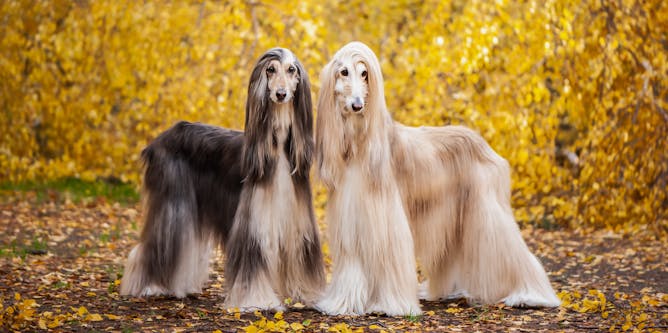
Susan Hazel, University of Adelaide; Mia Cobb, The University of Melbourne
From fluffy to sleek, straight to curly – what’s the science behind the dog fur on your couch?
|

Peter J. Dean, University of Sydney
Pulitzer prize-winning journalist David E. Sanger travelled the world with five US presidents, from Clinton to Biden. His new book unpacks the “New Cold Wars” and how they impact the world.
|

Louis de Koker, La Trobe University
Stopping bank closures in the Pacific is vital for the economic wellbeing of island communities and their trading relationships with other countries.
|
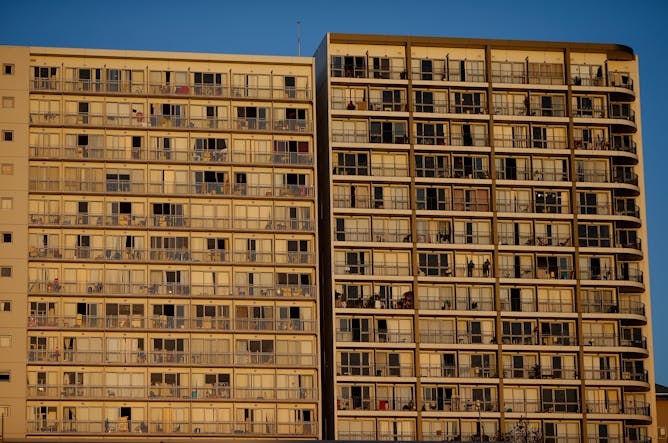
Christine McCarthy, Te Herenga Waka — Victoria University of Wellington
Housing minister Chris Bishop says removing minimum dwelling size rules will deliver homes that are “bigger than a car”. But tiny houses might be a short-term solution that causes long-term issues.
|

Jonathan Graffam, Monash University
In interviews, Chappell Roan speaks on the influences of drag on her visual and musical aesthetic. But can a cis woman be a drag queen?
|
Politics + Society
|
-
Richard Baka, Victoria University; H. Björn Galjaardt, The University of Queensland
As world sports fans zero in on Paris ahead of the Olympics, what should Brisbane’s games organisers look to learn ahead of the 2032 event?
|
|
Health + Medicine
|
-
Megan Lee, Bond University; Doug Angus, Bond University; Kate Simpson, Bond University
Nonna’s pizza dough? A cocktail from a tropical holiday? Food and drinks can evoke feelings of nostalgia and bittersweet memories.
-
Jade Cartwright, University of Tasmania; Anne Whitworth, University of Tasmania; Elizabeth Oliver, Curtin University; Lynette R. Goldberg, University of Tasmania
Making meals more appealing and giving aged care residents more choice, sounds simple enough. But you need the right ingredients to make it work on a wide scale.
|
|
Science + Technology
|
-
Tanya Hill, Museums Victoria Research Institute; Amanda Karakas, Monash University
Astronomers and stargazers around the world are excited to witness a rare event that only happens once every 80 years – a recurrent nova.
|
|
Environment + Energy
|
-
Bjorn Sturmberg, Australian National University
On the day of a blackout, a trial of vehicle-to-grid technology proved both the capacity of electric vehicles to support grid stability and the importance of exactly when vehicles are charged.
|
|
| |
|
|
|
The Conversation AU
Melbourne VIC, Australia
•
Full Time
|

|
|
|
|
| |
| |

|
| |
| |
| |
Featured Events, Courses & Podcasts
|
View all
|
|
|
|
| |
| |
| |
| |
| |
|
|